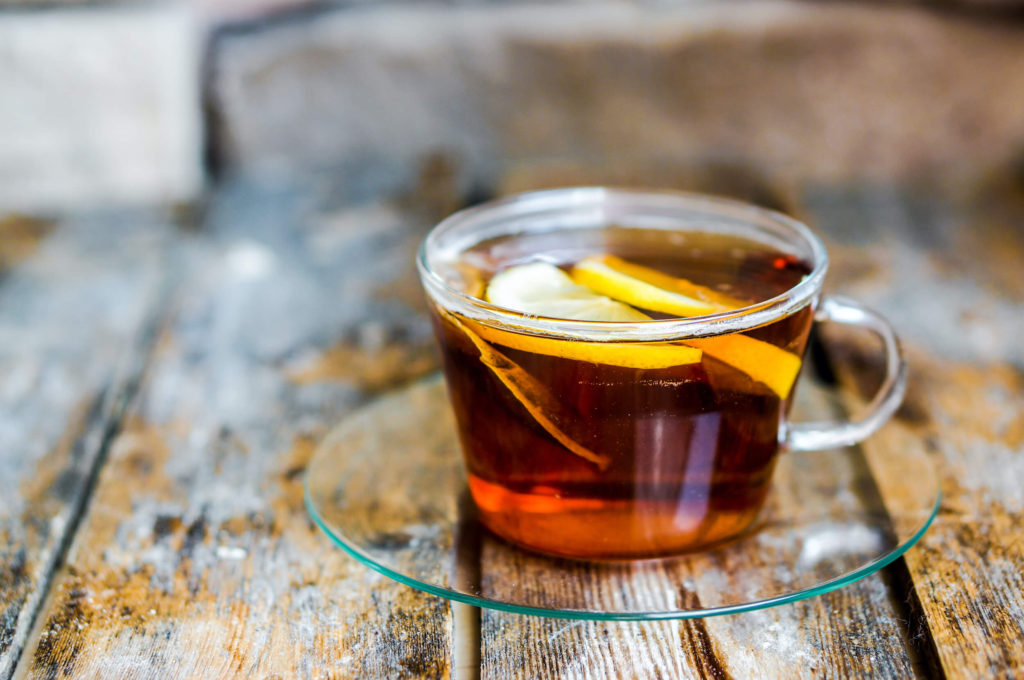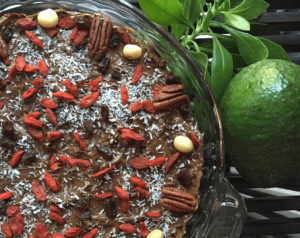By Dr. Edward F. Group III
After water, tea is one of the most commonly consumed beverages in the world. There are many varieties, but most people know tea by their main classifications: black, oolong, pu-erh, green, and white. Each type comes from the same plant but is processed differently to promote varying colors, tastes, and aromas. It turns out that all tea coming from the Camellia sinensis plant may provide benefits for teeth and gums, much more so than previously thought. It looks like tea’s antioxidant properties, along with other compounds contained within the plant, may be responsible for its beneficial effects on teeth. Could tea (along with dark chocolate) be the best alternative to fluoride for fighting cavities? Let’s take a closer look.
THE BENEFITS OF TEA
Soda is consumed in large amounts all throughout the world, and it’s this one beverage that is responsible for many of the cases of cavities and tooth erosion today. Not only does an average serving of soda contains roughly 17 teaspoons of refined sugar, but it also contains highly erosive citric acid, a preservative compound that is more damaging to the teeth than battery acid. According to one study looking at the effects of tea on tooth erosion, tea consumption produced comparable effects of water, indicating no erosive effect. [1] In fact, researchers believe the antioxidants in tea may go further than water, protecting teeth and gums from oxidative damage. [2]
It should be noted that this study was carried out on unsweetened tea. If you’re the type that likes to add sugar, lemon, and/or milk to your tea, you may want to think again. Sugar and acid–regardless of the source–greatly impact tooth decay and influences the development of cavities. It’s best to stick to hot or iced unsweetened tea you brew at home with loose, organic tea leaves. Be sure to stay away from prepackaged tea, as well, because these usually contain citric acid as its main preservative. It may also be wise to drink tea through a straw to minimize staining that eventually occurs following prolonged tea consumption.
OTHER WAYS TO PROTECT AGAINST TOOTH EROSION
As previously mentioned, one of the best ways to protect against tooth erosion is to avoid sugar and acidic foods. Sugar provides food for harmful bacteria and other compounds that eat away at the enamel, and sugar also encourages gingivitis. Incorporating antioxidant-rich foods into your diet is also a great way to protect your teeth and gums. Drink plenty of water and also ensure you’re also maintaining healthy vitamin D levels. If you are brushing your teeth with store-bought toothpaste, be sure you’re using toothpaste without fluoride, and continue flossing on a daily basis.
Do you drink tea? What kind? Also, what do you do to protect your teeth?!
– Dr. Edward F. Group III, DC, NP, DACBN, DCBCN, DABFM
For more from Dr. Group go to ==> globalhealingcenter.com
References:
1. Academy of General Dentistry. Drink Brewed Tea To Avoid Tooth Erosion, Study Suggests. ScienceDaily, 28 November 2008.
2. Puneet Goenka, Aditi Sarawgi, Vinayak Karun, et al. Camellia sinensis (Tea): Implications and role in preventing dental decay. Pharmacogn Rev. 2013 Jul-Dec; 7(14): 152-156. doi: 10.4103/0973-7847.120515.
YOU MAY ALSO LIKE:
COLOSTRUM BASICS: WHAT IS IT & WHY IS IT USED AS A SUPPLEMENT? (PART ONE)
While it may seem strange for humans to use bovine (i.e., cow) colostrum as a supplement, there are many excellent reasons…
YOGA FOR THE KAPHA SEASON
In Ayurveda, spring is known as Kapha season. As the earth starts to thaw after the colder months, so do our…
RAW VEGAN AVOCADO CHOCOLATE MOUSSE CAKE
This decadent, raw, vegan cake is sure to please anyone. It’s raw, organic, and gluten-free! All the ingredients are excellent sources…
MINDSET…
By Yvonne Chamberlain A way of thinking, a belief structure, mental programming, perspective, an attitude, an imagination, fixed belief, an ideology,…
IS BEAUTY SLEEP A REAL THING?
WHY OUR SKIN LOOKS BETTER WHEN WE SLEEP FOR 8 HOURS. During the first three hours, our body produces HGH (Human…
HOW TO USE A FOAM ROLLER AND IMPLEMENT IT INTO YOUR WORKOUT
By Kevin Jones If you are new to fitness, you may have heard someone recommend that you try foam rolling as…







